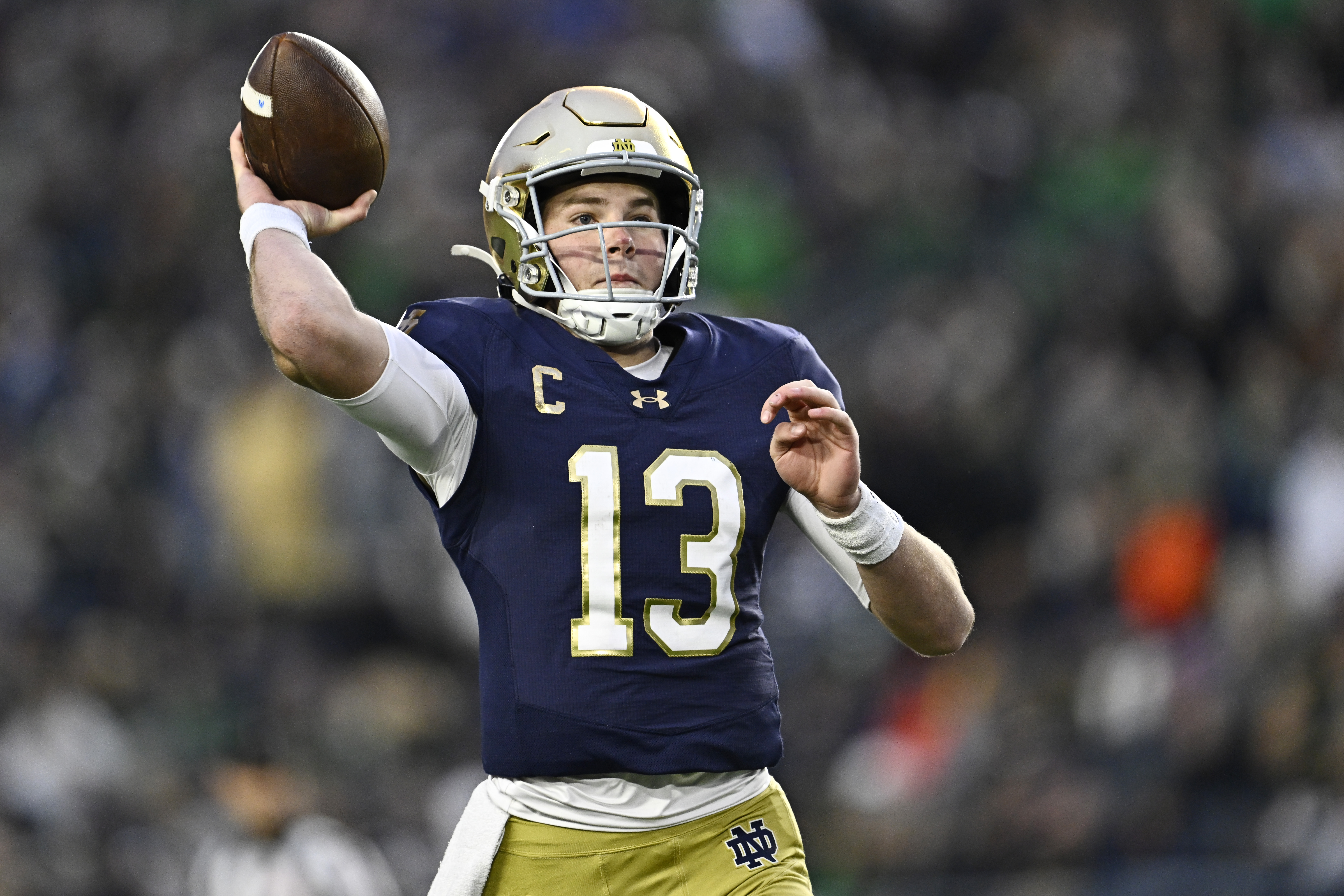Why Len Kasper left Cubs TV for White Sox radio originally appeared on NBC Sports Chicago
Sixteen years ago, Len Kasper received a call from Ron Santo. The Cubs had just hired Kasper as their play-by-play announcer. Santo, a Cubs legend on the field and in the booth, was calling to welcome the new guy.
“You’re a Cub,” the late Hall of Famer said.
Kasper recounted the phone call in a video press conference on Friday: “I’d died and gone to heaven, man. Right? I'm a Cub.”
The point of the Zoom conference was, however, that Kasper was no longer a Cub. The White Sox were introducing him as their new radio play-by-play announcer. Kasper will also join Jason Benetti on NBC Sports Chicago when Steve Stone has games off, White Sox senior vice president of sales and marketing Brooks Boyer announced Friday.
“I want this to be crystal clear,” Kasper said. “If Cub games were still on WGN or NBC Sports Chicago or Channel 7, I would still be doing this. I was treated like a king with the Cubs. This is 100 percent about a moment in time during which I could not pass up the opportunity of a lifetime.”
This past season was the Cubs' first on their own television network, Marquee Sports Network. But Kasper emphasized that his relationships within Marquee only made the decision to leave harder.
Another call Kasper received before the 2005 season sheds some light on why he saw the White Sox radio opening as "the opportunity of a lifetime." After all, TV broadcasters don’t often switch to radio.
“When I was 12, I wanted to be Ernie Harwell,” said Kasper, a Michigan native. “And we lost Ernie about 10 years ago.”
Kasper’s voice cracked.
“Wow, I didn't expect this,” Kasper said, fighting back tears. “Ernie was the hero who became a mentor and a good friend.”
Harwell sent Kasper a letter when he landed a job with the Marlins and called Kasper when he joined the Cubs.
“You just don't know how much it means to somebody like me,” Kasper said. “And so, I'm thinking about you too today, Ernie. I wanted to paint the picture of the great game of baseball on the radio like he did for me growing up. I want to call postseason games. I want to be behind the microphone to call a World Series.
“My career took some amazing twists and turns. I missed that exit on the highway.”
Kasper called the past 16 years with the Cubs the best in his life. He said he wouldn’t have considered a job outside of Chicago. But he saw the sign for the “radio” highway exit this offseason, and this time he took it.
“This is a business in which these jobs don't open very often,” Kasper said, “and when they do, the way I look at it, once the job is filled typically it's filled for decades. So, if you have an interest in something, you sure as better express your interest, or you might have to wait for a long time.”
Kasper called Cubs president of business operations Crane Kenney and Marquee general manager Mike McCarthy on Monday to tell them his plan.
“Being the high-quality character he is,” Kenney said, “he said, ‘Listen, I won't do this if it leaves you in the lurch. Clearly the timing’s not great, but I'd only do it if you're okay with it.’ And I said, ‘Of course I'm okay with it if this is really your passion.’ We talked for an hour about why this makes sense for him.”
McCarthy said the news initially shocked him. But he understood Kasper’s affinity for radio. Because Kasper was still under contract with the Cubs, he needed permission to join the White Sox.
“And we happily (gave it to him),” McCarthy said, “because, don't ever want your legacy to be, you stood in the way of somebody and their dream.”
The Cubs have begun a search for Kasper’s replacement, and McCarthy said they have received interest from “very provocative interesting names.”
In the meantime, Kasper shifts his attention to the South Side. As he closed the door on the Cubs chapter of his career, Kasper thanked people throughout the organization. Then, he referenced something the Cubs new president of baseball operations said last week as he stepped into his new role.
“Jed Hoyer said the grass isn't greener elsewhere,” Kasper said. “He's so right. But the grass might be red or blue or a shade of gray or black and white. The grass is just different. And different and new and challenging is what really excites me about this.”





